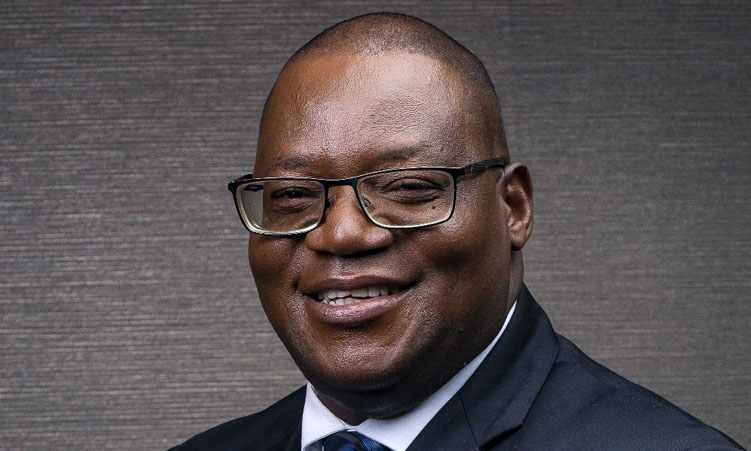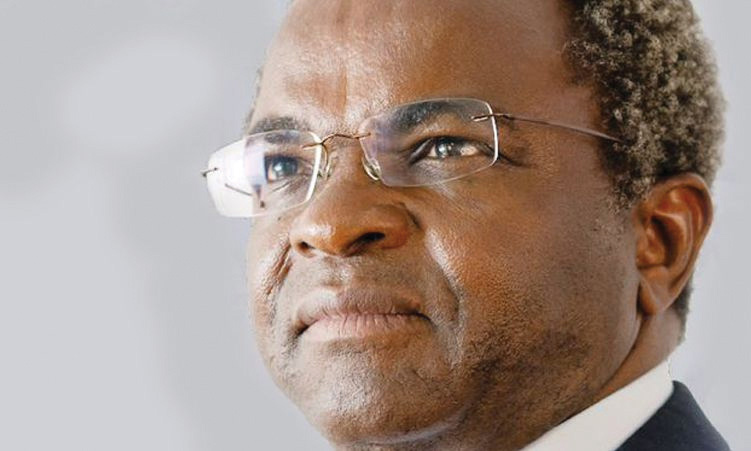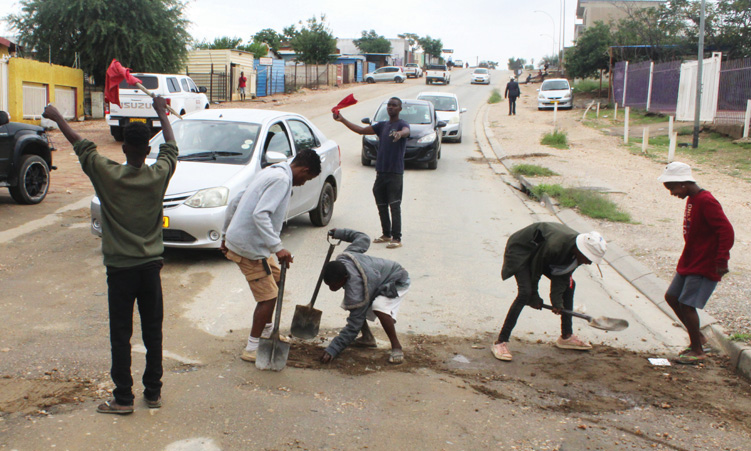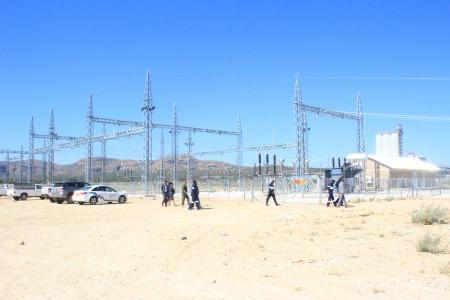HONG KONG – From mighty China who are aiming to repeat their medal-laden triumph of four years ago to war-weary Afghanistan who are just glad to be back, Asia is gearing up for the greatest sporting show on earth.
The world’s most populous continent, Asia has rarely punched its weight at the Olympics, with only seven nations finishing inside the top 50 on the medal standings at the 2000 Sydney Games. But few other regions will field as diverse a collection of athletes as Asia, which is sending one of its biggest ever contingents to Athens.The ranks have been bolstered by the welcome return to the fold of Afghanistan and the debut of tiny East Timor, taking part for the first time since the country’s full independence in May 2002.Afghanistan last competed in the Olympics in 1996, when it sent a team of around three dozen athletes to take part in Atlanta.The rise to power of the harsh Taliban regime later that year heralded the beginning of a dark age for Afghanistan sport, which was frowned upon as a pastime for men, and banned completely amongst women.It was the hardline Islamic rulers’ ban on female participation in sport that led to Afghanistan being kicked out of the Olympic movement in 1999.But with the Taliban ousted from power, Afghanistan is back – and women’s 100m entrant Robina Muqimyar is likely to be carrying the country’s flag at the August 13 opening ceremony.”There was nothing for us girls to do under the Taliban except stay at home,” said Muqimyar, who has a personal best of 15.06sec and who will participate wearing a headscarf and tracksuit trousers in Athens.Afghanistan’s flag will flutter proudly alongside the colours of East Timor during the Olympics.East Timor only gained independence two years ago since splitting from Indonesia in 1999.The political upheaval saw Timorese sports facilities reduced to rubble as bloodthirsty Indonesia-backed militia went on the rampage.”Participating for the first time on our own in the biggest sporting event in the world will be an historic moment, and there is a lot of excitement in the country,” said East Timor Sports Association president Joao Carrascalao.Carrascalao believes sport and the Olympics can be instrumental in helping to rebuild East Timor.”Sport has a very important role to play,” he said.”Unemployment is high and the population in young, but sport can help mould our future society, bring us into contact with the world and give us a good environment.”At the other end of Asia’s Olympic spectrum, China will once again be the continent’s standard-bearer after announcing its emergence in Sydney when it finished third with 28 golds.Though China’s athletes will not be major players in the blue riband Olympic events – athletics and swimming – the world’s most populous nation will dominate in other arenas, such as diving, badminton and table tennis.Chinese officials have played down the team’s chances of emulating the medal haul of Sydney in 2000, stressing that experience for the 2008 Games in Beijing remains a priority.”Getting 28 gold medals, as we did in Sydney, is pretty hard.I’d say if we get 20 gold medals, that would be quite good,” said Li Furong, vice president of the Chinese Olympic Committee.”We over-performed in Sydney.”While China are contemplating another successful Olympics, the same cannot be said for India.Despite being the only other country in the world with a population of more than one billion, India will be grateful for just one gold.The world’s gaze will be fixed on Athens, but India’s eyes will be on the high-profile cricket series against arch-rivals Pakistan and world champions Australia to be played in the Netherlands at the same time.The Olympics do not capture the imagination of India’s millions.The last time India won a gold medal was in hockey at the western-boycotted Moscow Games of 1980.Behind China, rivals Japan and South Korea will jostle for position on the Asian pecking order.The Koreans will be looking to build on Sydney, where they excelled in shooting, archery and taekwondo to finish 12th in the standings with 28 medals.Japan finished 15th overall with only 18 medals but have set their sights on doubling their gold medal tally from five to 10 in Athens, where they hope to excel in judo and women’s wrestling.- Nampa-AFPBut few other regions will field as diverse a collection of athletes as Asia, which is sending one of its biggest ever contingents to Athens.The ranks have been bolstered by the welcome return to the fold of Afghanistan and the debut of tiny East Timor, taking part for the first time since the country’s full independence in May 2002.Afghanistan last competed in the Olympics in 1996, when it sent a team of around three dozen athletes to take part in Atlanta.The rise to power of the harsh Taliban regime later that year heralded the beginning of a dark age for Afghanistan sport, which was frowned upon as a pastime for men, and banned completely amongst women.It was the hardline Islamic rulers’ ban on female participation in sport that led to Afghanistan being kicked out of the Olympic movement in 1999.But with the Taliban ousted from power, Afghanistan is back – and women’s 100m entrant Robina Muqimyar is likely to be carrying the country’s flag at the August 13 opening ceremony.”There was nothing for us girls to do under the Taliban except stay at home,” said Muqimyar, who has a personal best of 15.06sec and who will participate wearing a headscarf and tracksuit trousers in Athens.Afghanistan’s flag will flutter proudly alongside the colours of East Timor during the Olympics.East Timor only gained independence two years ago since splitting from Indonesia in 1999.The political upheaval saw Timorese sports facilities reduced to rubble as bloodthirsty Indonesia-backed militia went on the rampage.”Participating for the first time on our own in the biggest sporting event in the world will be an historic moment, and there is a lot of excitement in the country,” said East Timor Sports Association president Joao Carrascalao.Carrascalao believes sport and the Olympics can be instrumental in helping to rebuild East Timor.”Sport has a very important role to play,” he said.”Unemployment is high and the population in young, but sport can help mould our future society, bring us into contact with the world and give us a good environment.”At the other end of Asia’s Olympic spectrum, China will once again be the continent’s standard-bearer after announcing its emergence in Sydney when it finished third with 28 golds.Though China’s athletes will not be major players in the blue riband Olympic events – athletics and swimming – the world’s most populous nation will dominate in other arenas, such as diving, badminton and table tennis.Chinese officials have played down the team’s chances of emulating the medal haul of Sydney in 2000, stressing that experience for the 2008 Games in Beijing remains a priority.”Getting 28 gold medals, as we did in Sydney, is pretty hard.I’d say if we get 20 gold medals, that would be quite good,” said Li Furong, vice president of the Chinese Olympic Committee.”We over-performed in Sydney.”While China are contemplating another successful Olympics, the same cannot be said for India.Despite being the only other country in the world with a population of more than one billion, India will be grateful for just one gold.The world’s gaze will be fixed on Athens, but India’s eyes will be on the high-profile cricket series against arch-rivals Pakistan and world champions Australia to be played in the Netherlands at the same time.The Olympics do not capture the imagination of India’s millions.The last time India won a gold medal was in hockey at the western-boycotted Moscow Games of 1980.Behind China, rivals Japan and South Korea will jostle for position on the Asian pecking order.The Koreans will be looking to build on Sydney, where they excelled in shooting, archery and taekwondo to finish 12th in the standings with 28 medals.Japan finished 15th overall with only 18 medals but have set their sights on doubling their gold medal tally from five to 10 in Athens, where they hope to excel in judo and women’s wrestling.- Nampa-AFP
Stay informed with The Namibian – your source for credible journalism. Get in-depth reporting and opinions for
only N$85 a month. Invest in journalism, invest in democracy –
Subscribe Now!










